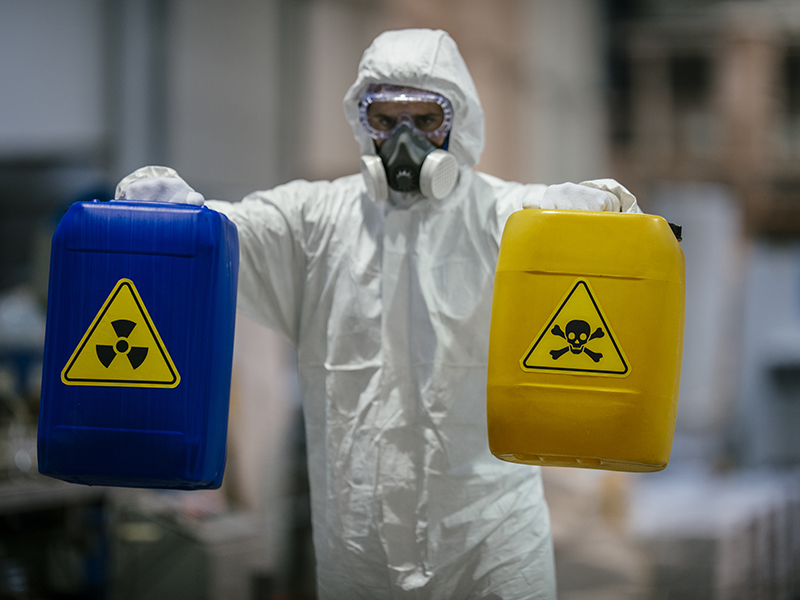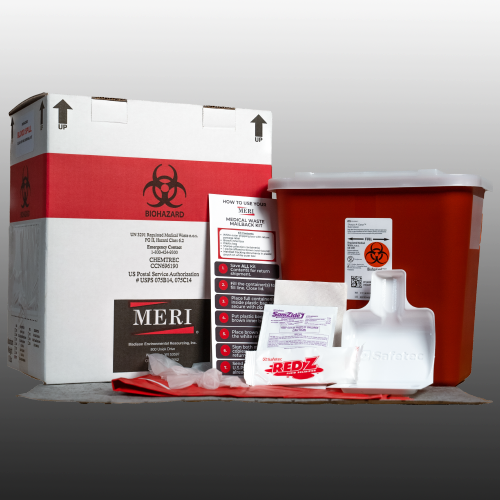Expert Blood Cleanup: Guaranteeing Safe and Thorough Decontamination
Expert Blood Cleanup: Guaranteeing Safe and Thorough Decontamination
Blog Article
Professional Biohazard Cleansing and Purification for Blood, Bodily Fluids, and Hazardous Materials
The prospective health and wellness threats associated with direct exposure to biohazards underscore the essential need for careful handling and detailed cleaning. As we navigate the elaborate landscape of biohazard clean-up, comprehending the subtleties of policies, compliance, and the specialized devices at play becomes crucial in ensuring a extensive and secure decontamination process.
Health And Wellness Threats of Biohazard Direct Exposure
Direct exposure to biohazards poses considerable health and wellness dangers that can cause severe consequences for neighborhoods and individuals alike. Biohazards include a large range of organic substances, including blood, bodily fluids, mold, germs, viruses, and other potentially contagious materials. When individuals come right into call with these biohazards, whether via crashes, inappropriate handling, or ecological direct exposure, they deal with the danger of contracting major health problems or conditions.
Among the key wellness dangers connected with biohazard direct exposure is the transmission of contagious illness. Bloodborne microorganisms such as HIV, hepatitis B and C, and various microorganisms can be present in biohazardous materials, posturing a direct risk to human health and wellness. Inhaling airborne biohazards like mold and mildew spores or entering into call with contaminated surface areas can additionally cause breathing issues, allergic reactions, and various other negative health results.
In addition, biohazard direct exposure can have long-lasting health implications, with some conditions materializing years after the initial call (Blood Cleanup). Consequently, it is vital to prioritize correct biohazard cleansing and decontamination to minimize these health and wellness risks and make sure the security of individuals and areas

Specialized Training for Biohazard Clean-up
When it involves dealing with biohazard clean-up successfully and safely, specialized training plays an essential duty in ensuring proper purification treatments are adhered to. Biohazard cleanup needs certain expertise and skills to successfully minimize threats associated with bloodborne microorganisms, bodily liquids, and harmful products. Specialists learnt biohazard cleanup undergo rigorous direction on exactly how to safely manage, get rid of, and deal with biohazardous materials to avoid contamination and exposure.
Specialized training for biohazard clean-up covers a series of necessary subjects, consisting of appropriate individual protective devices (PPE) usage, bloodborne pathogen awareness, decontamination techniques, and hazardous waste disposal protocols. People learnt biohazard cleaning are equipped with the necessary know-how to evaluate contamination levels, identify possible dangers, and carry out proper clean-up procedures in conformity with regulative requirements.
Constant training and education are critical in the field of biohazard cleaning to remain updated on the current decontamination modern technologies, safety and security procedures, and regulations. By spending in specialized training, biohazard cleaning experts can effectively react to emergency clean-up situations and guard both public health and wellness and the atmosphere.
Significance of Correct Purification Methods
Utilizing correct purification techniques is crucial in biohazard cleaning to successfully eliminate unsafe products and minimize health and wellness risks. Reliable decontamination not just guarantees the elimination of visible traces of blood, physical fluids, and various other biohazards yet likewise targets undetectable pathogens that may pose severe health dangers otherwise correctly gotten rid of. By following rigid purification procedures, educated professionals can considerably lower the danger of exposure to hazardous microorganisms, infections, and bacteria that might bring about diseases or infections.
Correct purification methods entail the usage of specialized equipment and anti-bacterials that are specifically designed to neutralize biohazards successfully. Detailed cleaning and sanitation of infected areas are important find more information to prevent the spread of virus and ensure a secure atmosphere for passengers. In addition, the proper disposal of biohazardous waste following decontamination procedures is crucial in protecting against contamination of various other surface areas or individuals.

Equipment and Devices for Safe Cleaning
When dealing with blood, physical fluids, or dangerous products, biohazard cleaning experts rely on specialized gear to lessen exposure dangers and extensively sanitize the affected location. In addition, biohazard cleaning sets having disinfectants, absorptive products, and biohazard bags are made use of to safely get rid of and contain of contaminated products.
Advanced cleansing devices like hospital-grade disinfectants, HEPA-filtered vacuums, and fogging devices are used to sterilize surface areas and eliminate biohazards efficiently. Specialized devices such as sharps containers and biohazard garbage disposal containers are utilized to safely take care of sharp items and biohazardous waste products. By making use of the best devices and devices, biohazard cleaning specialists can ensure an extensive cleaning procedure that focuses on safety and security and minimizes health and wellness threats for both employees and occupants of the affected area.
Regulations and Compliance in Biohazard Cleaning
Appropriate adherence to laws and conformity standards is critical in biohazard cleaning to guarantee the security of both employees and the setting. Federal government firms such as OSHA (Occupational Safety And Security and Wellness Management) and the EPA (Epa) have established specific guidelines for biohazard clean-up procedures to reduce health and wellness threats and environmental contamination. These policies cover an array of facets consisting of the handling, transport, and disposal of biohazardous products, as well as the required training and protective equipment needed for employees entailed in the clean-up process.
Biohazard cleaning companies should stay updated with these guidelines to guarantee that their operations fulfill the needed security requirements. Failure to adhere to these policies can cause extreme repercussions, consisting of fines, lawsuit, and threatening the wellness of individuals and the setting. By following stringent guidelines and conformity steps, biohazard cleansing firms can properly mitigate risks and guarantee a risk-free and extensive cleaning process for all events included.
Verdict
Finally, biohazard cleaning and decontamination need specialized training, appropriate techniques, my website and adherence to regulations. Direct exposure to blood, physical fluids, and unsafe materials presents go to the website significant health and wellness threats, making it essential to utilize the appropriate devices and tools for secure clean-up. By following rigorous protocols and guidelines, specialists can effectively reduce the risks linked with biohazard direct exposure and guarantee the security of both themselves and others.
As we browse the detailed landscape of biohazard cleanup, understanding the nuances of guidelines, conformity, and the customized tools at play becomes necessary in ensuring a safe and extensive decontamination process. (Blood Cleanup)
When it comes to dealing with biohazard clean-up effectively and securely, specialized training plays an essential function in making certain correct decontamination procedures are followed.Using appropriate decontamination methods is vital in biohazard clean-up to efficiently get rid of dangerous materials and minimize health and wellness dangers. Furthermore, biohazard cleaning packages having anti-bacterials, absorptive materials, and biohazard bags are used to securely include and dispose of polluted items.
Federal government firms such as OSHA (Occupational Security and Health And Wellness Administration) and the EPA (Environmental Defense Company) have developed details standards for biohazard cleanup procedures to reduce health and wellness threats and environmental contamination.
Report this page